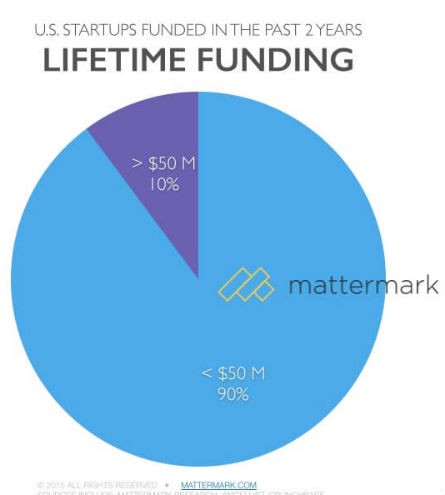Somewhere over the brainbow: the unicorn window is closing – StartupSmart

People used to worry about the “IPO window” closing before they could get their company significantly far along to exit. Now, with the rise of massive private rounds from late-stage private equity and crossover investors, startup founders and their investors have something new to worry about: Did you miss the unicorn window?
Most venture-backed startups run at a loss, but there is a special variant of unicorn companies operating at gross margins that look nothing like traditional software businesses. These companies are in trouble, and will have the hardest time raising. Maybe we should call them “zombie unicorns”.
Some companies are trying all sorts of spreadsheet magic to make their numbers look good, but you better believe this is also one of the reasons they’re not going public. When you get ready to go public all that magic goes away, and the audited financials you need to have require you to use legitimate definitions for cost of goods sold.
The unicorn backlog
As speculation of valuation compression at the later stages swirls, I’ve realised that the odds my own startup will capitalise on one of the biggest run-ups in valuations of the past two decades is unlikely. The unicorn window is closing, and for the 816 US startups with more than $US50 million in lifetime funding who’ve raised sometime in the past two years, this might be a problem.
Ten per cent of the 8000 active VC-backed companies in the US have raised more than $US50 million, and they at various stages of the unicorn backlog.

For the 7,195 other U.S. startups who have raised some money in the past 2 years, but not more than $50M, building a solid business with economics that make sense on a sane time horizon is all that matters.
The return of software economics
WeWork’s insanely optimistic pitch deck had to project forward $US2.9 Billion of revenue by 2018 to raise $US335 million in private capital at a $US 5 billion valuation. All a SaaS startup has to do is get to $10 million Annual Recurring Revenue to be inevitable, and $50 million per year to start drafting those IPO docs.
Who would you rather be?
Danielle Morrill is CEO and co-founder of business intelligence company Mattermark. This article originally appeared on Mattermark’s blog.
Want to grow your business with Instagram? StartupSmart School can help.

